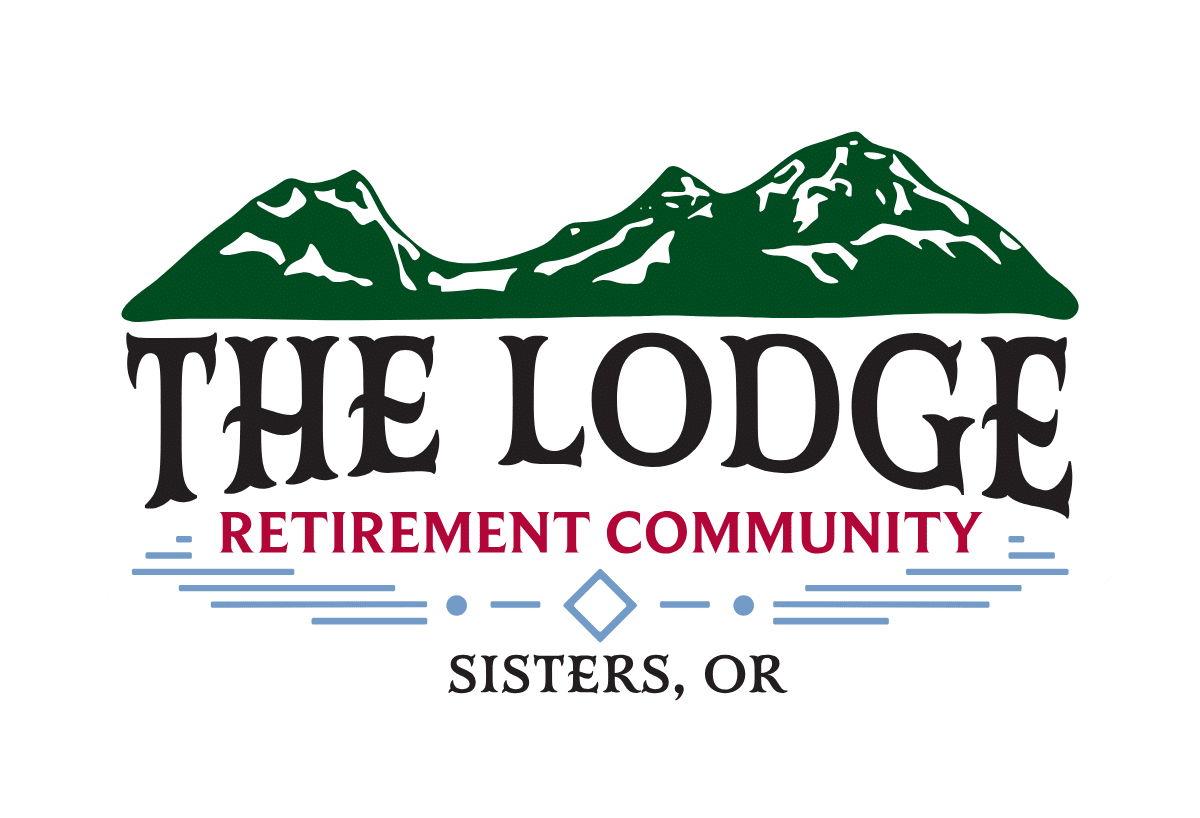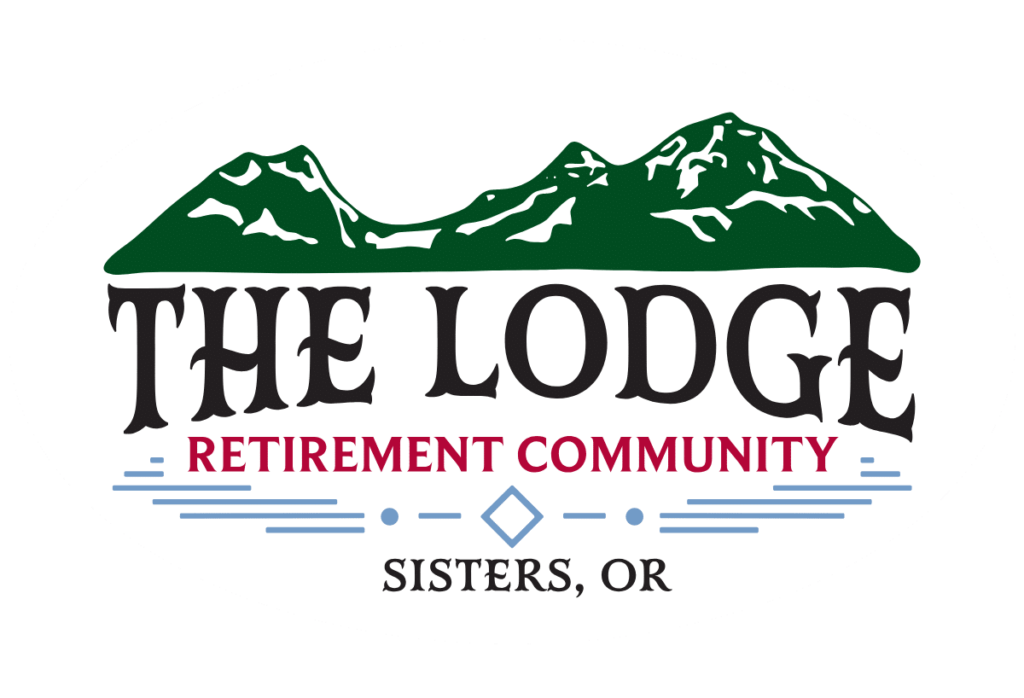Best Independent Living Activities for Seniors
In independent living communities like The Lodge Retirement Community in Sisters, OR, the pursuit of a fulfilling life doesn’t stop with retirement—it begins anew. The independent living activities for seniors offered in these communities are thoughtfully designed to enhance physical health, mental acuity, and emotional well-being. These activities create meaningful opportunities for connection, joy, and purpose every day.
Whether it’s joining a gardening club, exploring musical therapy, or attending a walking group, residents benefit from a lifestyle tailored to their interests and needs. Let’s take a closer look at how these engaging experiences contribute to thriving senior years, from physical and social health to emotional and cognitive enrichment.
Benefits of Senior Living Communities
When you consider the advantages of senior living communities, you’ll find they offer a supportive environment that enhances your quality of life. These communities prioritize your well-being through dedicated teams that provide essential resources and community support. You’ll enjoy the benefit of nutritious meals, crafted to meet your dietary needs and promote good health. Research shows that living in such an environment fosters social connections, which can lead to longer, happier lives. Engaging with fellow residents helps reduce stress and improve mental health, ensuring that you’re not just existing but thriving. By choosing a senior living community, you’re investing in a lifestyle enriched with support, nourishment, and opportunities for meaningful relationships that truly matter. Additionally, many communities implement wellness programs that support physical health, mental clarity, and overall vitality.
Engaging Physical Activities for Health
Engaging in physical activities is essential for maintaining mobility and overall wellness. Incorporating balance exercises and aquatic fitness can significantly enhance your strength and stability, reducing the risk of falls. Additionally, participating in wellness programs can empower older adults to lead healthier, more active lives. Some excellent examples of outdoor independent living activities for seniors include nature walks, chair yoga in the garden, and group tai chi sessions.
| Activity | Benefits | Frequency |
| Balance Exercises | Improves stability and coordination | 3 times a week |
| Aquatic Fitness | Low-impact, builds muscle strength | 2-3 times a week |
| Walking Groups | Enhances cardiovascular health | Daily or weekly |
Social Opportunities for Connection
While it’s easy to feel isolated as we age, participating in social activities within senior living communities can significantly improve our quality of life. Connecting with others through friendship circles is essential for mental well-being. These circles provide a sense of belonging and support, helping you form meaningful relationships. Participating in community events, such as game nights or volunteer activities, fosters camaraderie and encourages interaction with fellow residents. Research shows that social engagement can lead to improved mental health and even longer lives.
The Lodge Retirement Community also offers a vibrant assisted living activities calendar featuring themed dinners, cultural outings, and educational workshops, all of which help build a sense of community. Additionally, many communities in Sisters offer fun activities for seniors that can further facilitate these connections.
Hobbies to Stimulate the Mind
Engaging in hobbies not only fosters social connections but also stimulates cognitive functions, making them vital for seniors seeking to maintain mental agility. Activities like memory games can sharpen your recall and problem-solving skills while providing a fun way to interact with others. Joining gardening clubs offers a chance to cultivate plants and friendships, enriching both mental and physical well-being. These hobbies encourage you to stay curious and engaged, which is significant for cognitive health.
Whether you prefer puzzles, reading, or creative writing, embracing a variety of interests can keep your mind active. Some free independent living activities for seniors, such as community-led book clubs, storytelling nights, and crossword competitions, offer mental stimulation at no extra cost. Additionally, engaging in lifelong learning opportunities can further enhance your cognitive skills and promote social interaction with peers.
Creative Therapy for Emotional Well-Being
Creative therapy offers a powerful avenue for emotional well-being, allowing you to express feelings and experiences in a supportive environment. Engaging in music therapy can help elevate your mood, as familiar melodies often evoke cherished memories and foster a sense of connection. Research shows that actively participating in music can reduce anxiety and improve overall emotional health. Similarly, art therapy encourages you to explore your thoughts and emotions through creative expression.
Whether you’re painting, drawing, or taking photos, the process can be therapeutic and fulfilling. These small group sessions also serve as activities for nursing home residents, promoting intimate interaction and deepening social bonds. Both music and art therapy not only nurture self-expression but also encourage community bonding. By embracing these creative therapies, you can enrich your emotional life and improve your overall quality of life. Additionally, community engagement through various activities can further support your emotional well-being.
Enriching Group Experiences and Resources
Many residents flourish in group settings where they can share stories, learn new skills, and collaborate on projects. Whether it’s a painting class, a gardening project, or a choir group, these independent living activities for seniors promote an active lifestyle and create space for joy and purpose. Modern communities often pair these with digital tools and calendars, such as a shared Google Calendar or a resident portal, to keep everyone informed about upcoming events.
If you’re curious about more ways to stay involved, check out resources like AgingCare’s Senior Activity Guide and SeniorLiving.org’s Recreation Programs for additional ideas and inspiration.

Ready to Thrive Through Connection and Purpose?
In the tapestry of life, each thread of activity we weave at The Lodge Retirement Community contributes to a vibrant existence. By embracing independent living activities for seniors, you’re not just enhancing your physical health but nurturing your spirit and forging lasting connections. Picture a garden where friendships bloom and creativity flourishes — that’s the essence of thriving in our senior living community.
As you engage in these enriching experiences—from outdoor independent living activities for seniors to therapeutic creative outlets—you’re not merely living, you’re blossoming into the best version of yourself.
For more information or to learn more about our community, call us at (541) 549-5634. Ready to see it for yourself? Schedule a tour today!
Frequently Asked Questions
What are some good activities for seniors?
Seniors often enjoy a variety of activities that support physical health, mental stimulation, and social connection. Examples include walking groups, yoga or stretching classes, and low-impact sports like pickleball. Mentally engaging hobbies, such as puzzles, book clubs, or arts and crafts, also promote cognitive well-being. Many seniors benefit from volunteering, attending community events, or participating in group outings to stay socially active. Ultimately, the best activities are ones that align with a senior’s interests, abilities, and energy levels.
What is the average age for senior independent living?
The average age for senior independent living typically ranges from 75 to 84 years old. Many communities start accepting residents at 55, but most individuals move in when they seek a more supportive and maintenance-free lifestyle. This age range often reflects when seniors begin looking for convenience, safety, and access to social opportunities. Health, mobility, and personal preference can all influence when someone decides to make the transition. Each person’s situation is unique, so timing is flexible.
What is an example of living independently?
Living independently as a senior means managing daily life without needing constant assistance or supervision. For example, a senior might live in an independent living community where they handle their own meals, transportation, and social schedule. They may also choose to live in a private home or apartment and use services only when needed. This lifestyle supports autonomy while also offering optional support services if required. Independent living is ideal for seniors who are active, mobile, and able to manage everyday tasks independently.


